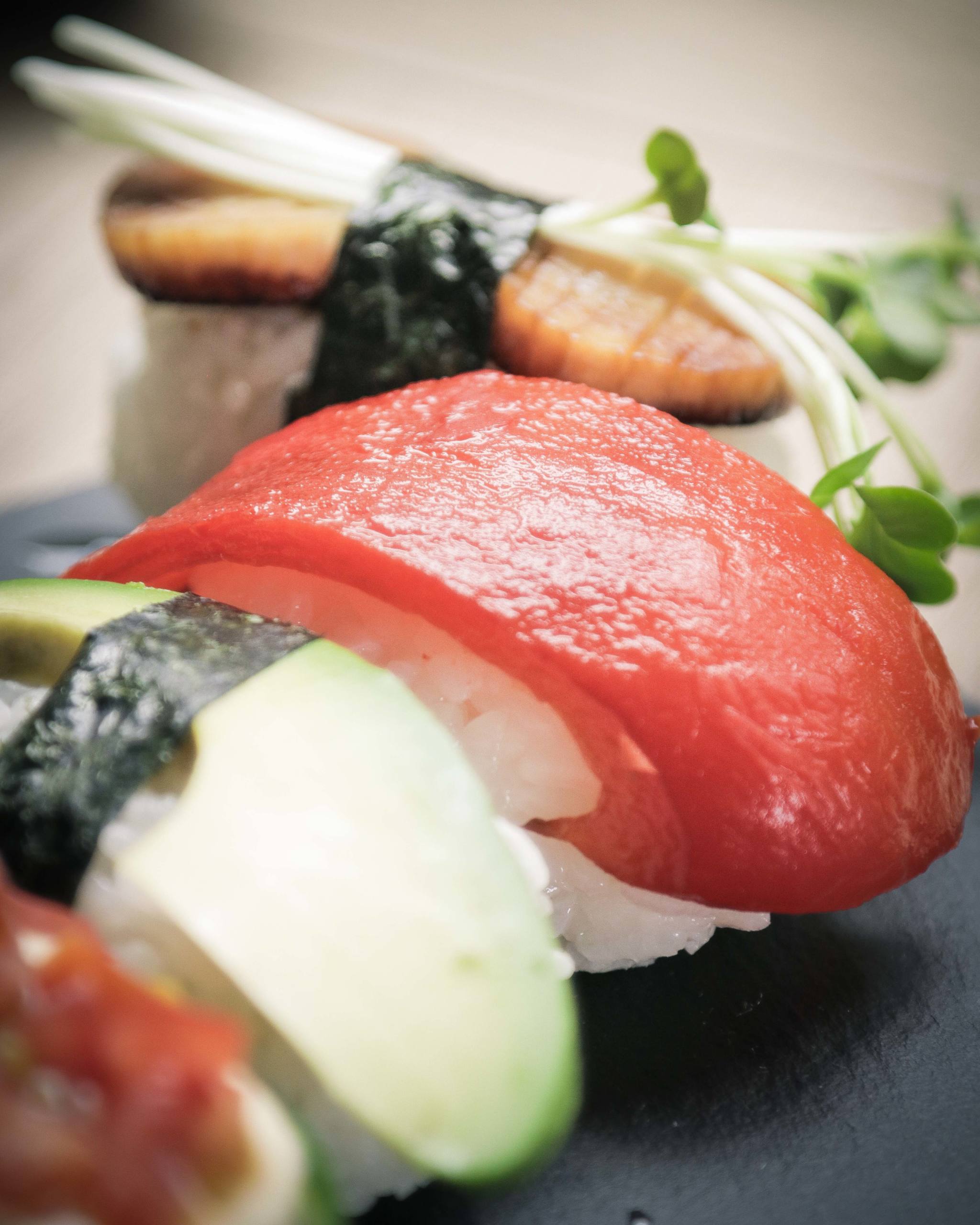
Bentoya ♡ Nigiri Sushi
View this post on Instagram A post shared by Vegan Japanese Cooking Class (@bentoyacooking)
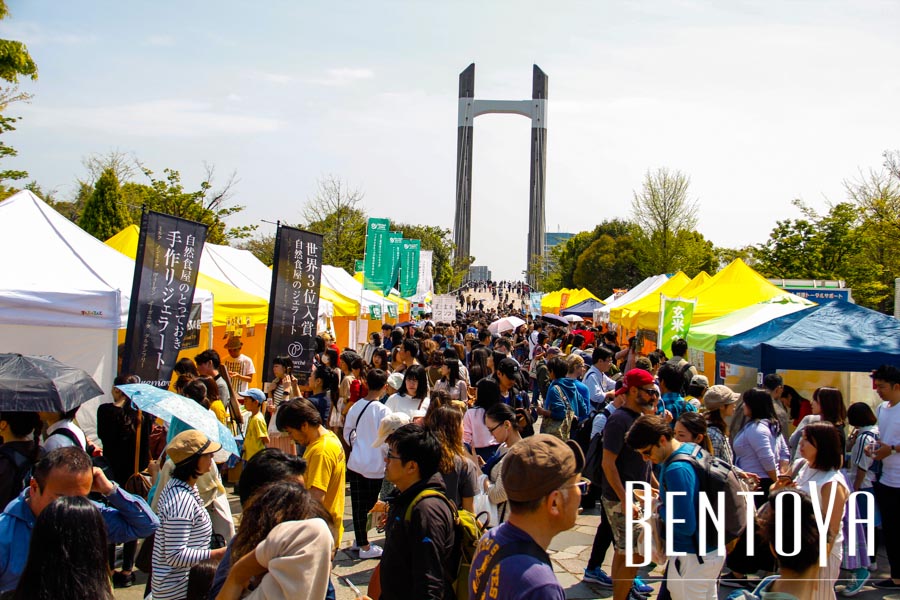
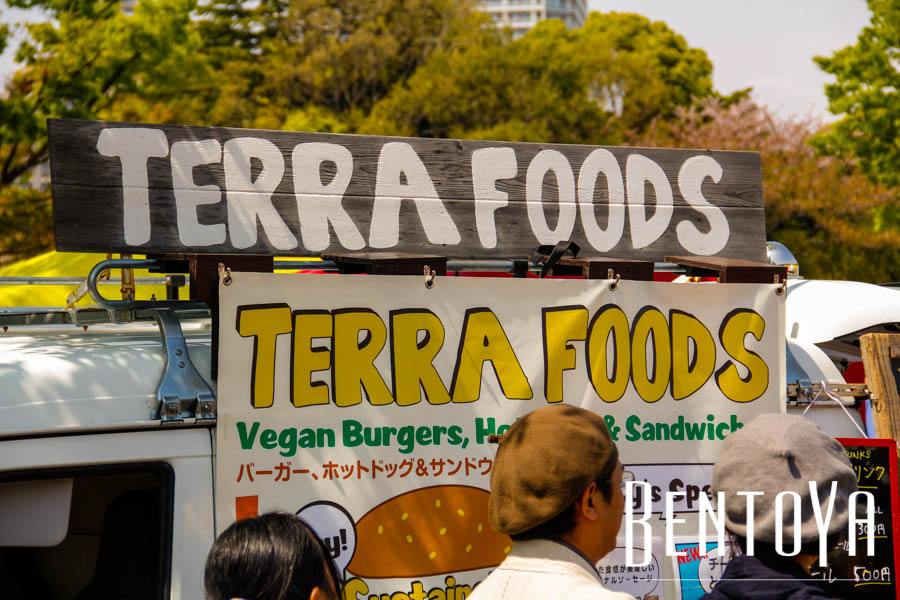
Vegan Meat substitutes are pursuing valuations of up to 1 billion dollars. Vegan butchers are now an actual thing. The dairy, meat & poultry industries are mobilizing to stem the advent of these diets, reacting in the same frenzied panic as the cigarette companies did when the carcinogenic properties of their product were publicized in the 60’s by the little magazine with a big heart, Readers’ Digest.
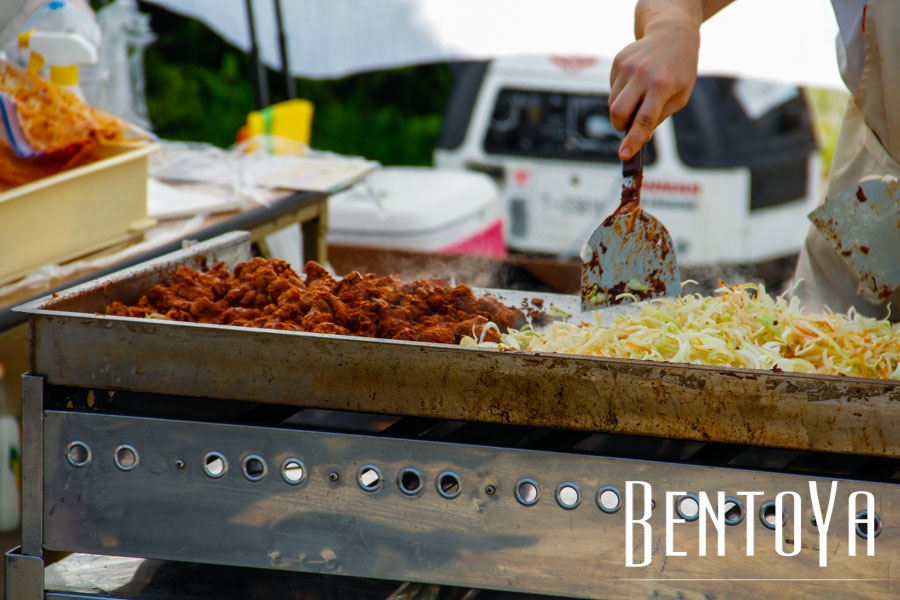
This change is largely being driven by celebrities and an ever growing army of trendy Instagram influences intent on making their fortunes by selling devoted followers on diet plans eschewing meat, seafood, dairy, and on occasion essential nutrients (no salt, anyone?) & oils. Lured in with oversaturated, meticulously staged and almost pornographic images of scrumptious looking meals, these “followers” are often hooked the public often get hooked with a single hit of the innocuous looking “like” button. Barrages of young, beautiful & fit bodies, along with carefully angled ‘before & after’ shots share space alongside the food-porn, burrowing into our minds to ask that lingering question: what if? Sales conversion funnels & bright landing pages drawn from the thousands of online tutorials available take care of the rest, pushing the sale of meal plans, consulting sessions (often with rank amateurs), cook books & healthy eating systems.
Once in a while, you might even see such an empire crumble in a blitz of scandal and hypocrisy, blighted by the rage of bilked followers sold on an unrealistic (and potentially dangerous) meal plan.
All the while, an impermeable fog of holier than though moralism effectively obscures the path of any logic, rhyme or reason that disagrees with the viewpoints of these groups.
In essence, vegan/ vegetarian diets have largely become the same as religions; blind faith based institutions successfully exploited by the opportunistic few seeking fame and fortune. The only difference is, the followers of these diets worship hype, not God. This may indeed seem like a bleak and pessimistic view to take of a movement that offers the promise of health, a clear conscience and a better (eco-friendly) tomorrow.
Except they don’t.
Or, at least, not all of them do.
Of the 25 years during which I have walked this earth, 18 have been spent alternating between veganism and vegetarianism. While my reasoning, as with most reasons dreamt up by humans, is complicated; a gross oversimplification would be my love of animals and “live and let live” mentality. Also, meat was never a centerpiece of my family’s diet.
But this op-ed is not about my motivations. It is also not about judging or ridiculing the claims made by any one person.
Instead, I will attempt to illustrate my experiences with veganism and vegetarianism throughout my life.
Over the course of 18 years, since I first eschewed meat & seafood, I’ve been skinny, skinny fat, fit and obese, as I’m sure the white stretch marks on my arms will attest.
My cholesterol levels have ranged from too low, to just right to slightly above average while my weight has fluctuated from 48kg to 76kg.
I have distinct memories of feeling proud about my beach body, but I also remember the times I felt like an overfed cow or a perpetually skinny calf with a visible rib-cage.
The only constant throughout all these changes was my refusal to eat any meat, fish or seafood. Eggs & dairy came and went, although eggs have been completely absent from my diet for over three years.
The skinny years of my life were beset by long days (5am to 11pm), a fair amount of activity (between juggling numerous extra-curriculars, sports, evening classes, and yes, even some schoolwork on occasion) and hearty breakfasts of rice, curry or fried-rice along with daily lunches (and occasionally dinners) of pizza or French fries. Perhaps youth and genetics were on my side as well, judging by my parents’ skinny frames. This was still a ‘vegetarian’ diet.
My weight never rose beyond 55kg and my cholesterol was always on the lower end of the spectrum (though still within healthy limits). I had no vitamin deficiencies, and safe for an unhealthy disdain of my inability to bulk up and impress the girls, I was physically in good shape. Hitting the gym, visiting a nutritionist and taking weight gainer in secret did little to help my situation, and I remained a skinny whelp with 6 visible ribs instead of a six pack.
As a college freshman, I eventually did succeed in bulking-up, after I learnt to cook for my new girlfriend. The cooking process, which I now love, taught me to be conscientious of the ingredients I used. My girlfriend’s love of salads and greener food rubbed off on me, along with her love of working out. Daily workouts bulked up my arms and, for the first time in my life, gave me a hint of proper core definition whilst my body looked bigger in general.
Our meals often consisted of cooking and eating salads, vegetarian lasagna, fried rice, pizza, rice & curry, chocolate, vegan ice cream and home-made brioche style vegetarian (or even vegan) burgers.
My weight increased to 65kg and life was grand.
Then came my final two years of college, when exams were nigh, stress was high and my schedule, between working two jobs and studying was ridiculously busy. Meals devolved into simple home cooked meals complemented by take-out food (Indian garlic naan, vegan Thai fried rice, pizza margarita and the like). My exercise routine came to a grinding halt and soon getting in even 6000 steps a day seemed like a chore, a far cry from the 15,000-20,000 steps I used to walk on a daily basis.
This kept up as I moved from the sleepy southern city of Beppu to the bustling metropolis of Tokyo.
Finding a job (and later doing that job) proved to be a stressful experience involving long (1+ hour) commutes and late hours. Comfort food came into the picture in the form of home-made vegan/ vegetarian burgers and French fries along with a whole lot of vegan ramen noodles (T’S Tan Tan) and coffee. Our dishes, the few times we cooked at home every week, tended to be vegan or vegetarian duplicates of traditional western comfort food (think Swedish meatballs and sausages etc.). Instead of focusing on bringing out the taste of the vegetables and making the dishes into something unique, we began relying on meat substitutes (soy, seitan etc.); and we began buying a whole bunch of pre-made vegan and vegetarian food that tried too hard to mimic meat, often relying on a plethora of artificial chemicals to do so.
Needless to say, I ended up weighing around 76.8kgs, with most of that now having devolved into stores of fat. My last health checkup, done just a few months ago, revealed elevated levels of LDL (or bad cholesterol). I am still trying to come back from that. I’ve started exercising again and am gradually taking out all the unhealthy portions of our diet. The results remain to be seen.
So, there you have it. Vegetarian or vegan diets can be a swell way to lose some weight, get fit and enjoy life more. It is also a wonderful way to go through life without having to contribute to the suffering of some poor animal bred into this world and ripped away from its parents for the sole purpose of being slaughtered for your enjoyment.
However, it is not a guaranteed solution for good health. Nor is there a one stop diet that fits everyone. We are all different, often vastly so, in terms of age, metabolism, lifestyle and genetics.
Each of these phases in my life were accompanied by a vegan (or at least vegetarian) diet. Hardcore vegans may try to call me out, blaming my weight gain etc. on my consumption of dairy and such. Honestly though, these changes were all due to a combination of food choices, lifestyle, portion sizes and mental state.
Being vegan (or vegetarian) and healthy is simply a matter of trying out meals that work for you while leading an active lifestyle (or exercising more). It’s really the same as following a normal diet, except you have to try just a little bit harder to get artificial growth hormones or build up your cholesterol levels to an unhealthy amount. Eating a diet of ethically sourced lean meats, dairy and seafood whilst avoiding hormone addled and purportedly carcinogenic red-meats could conceivably achieve the same effects health-wise (as the Mediterranean diets have long shown, for example). However, finding ethically sourced meat and seafood in this world is a difficult thing, especially in Asian countries such as Japan, where animals are often treated as commodities without feelings. In that case, if you really want to be kind, ethical and eco-conscious, just go vegetarian (ethically made butter or cheese is much easier to come by than meat, in my experience) or even vegan.
Ultimately, your diet and lifestyle are your choice. It doesn’t really matter what label gets applied to you does it? You could be a vegan who occasionally eats dairy; or a flexitarian. It’s really only your business.
Word of advice, adopting a new lifestyle can be a daunting challenge, especially if you grew up in an omnivorous family with little knowledge of food groups and nutrition. Having someone who has gone through the same thing, or is a long time follower of that lifestyle always helps; alternatively, just consult a qualified nutritionist or dietician on how to keep getting all your required nutrients. Personally, I believe that Instagrammers and bloggers who have started on a fad diet just a few years ago don’t really count.
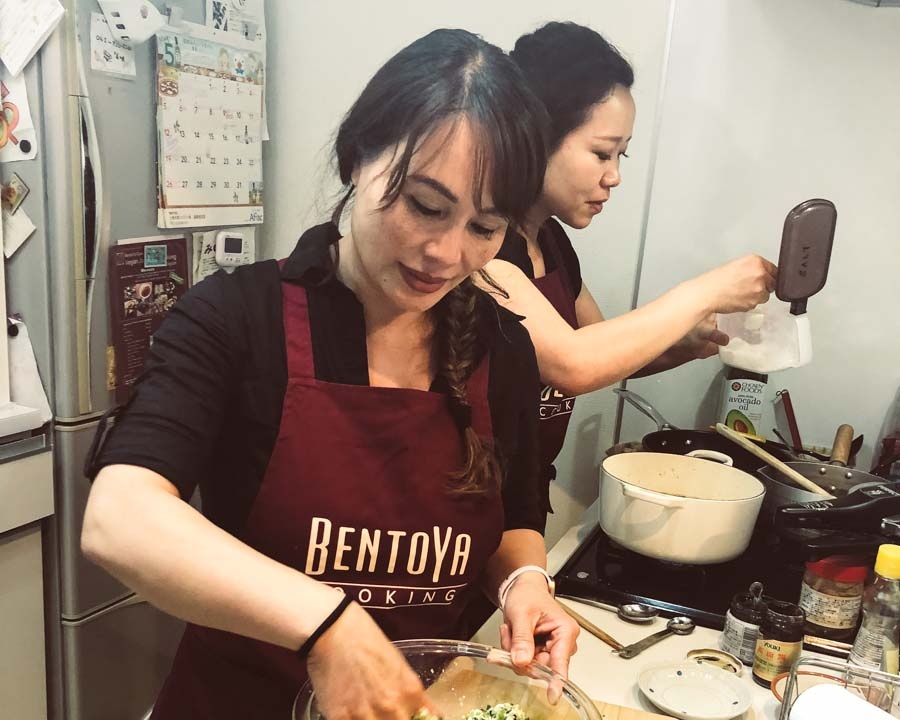

View this post on Instagram A post shared by Vegan Japanese Cooking Class (@bentoyacooking)
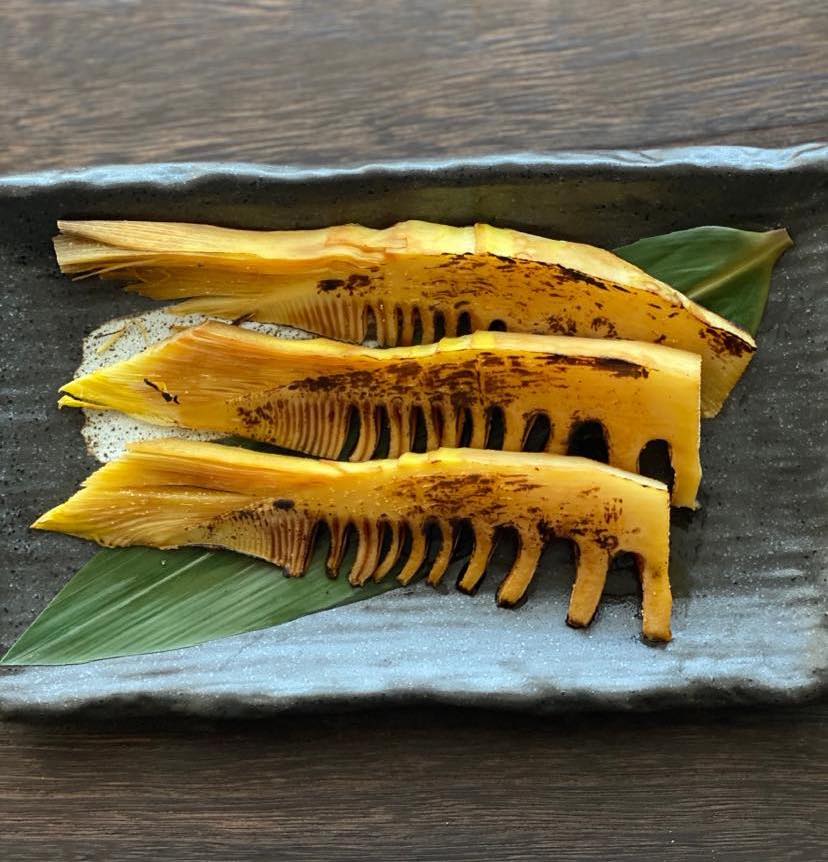
In Japan, the vegetable and fruit selection changes with the seasons. Seasonal vegetables are often budget-friendly and a great way to add variation to your cooking.
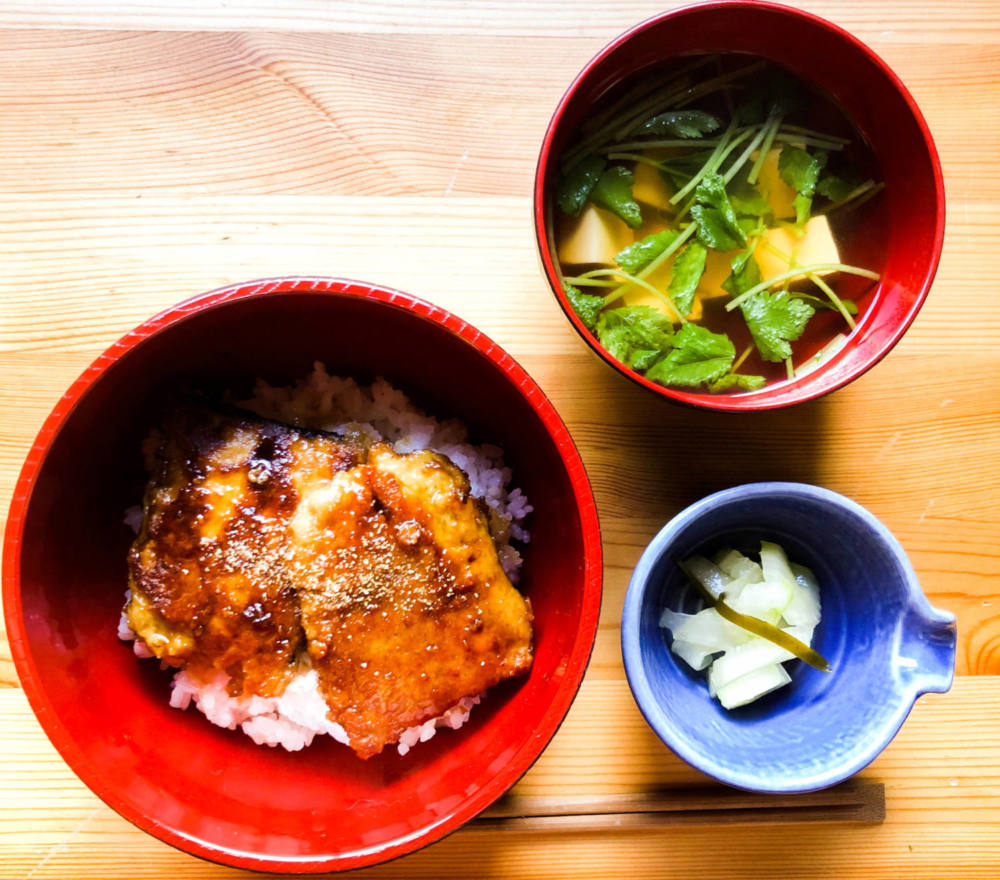
Modoki ryori refers to food which uses plant-based ingredients to mimic the appearance, taste and texture of meat dishes. This type of dishes are common in shojin ryori and they have also achieved a certain mainstream popularity due to the health factor of eating vegetable-rich meals.
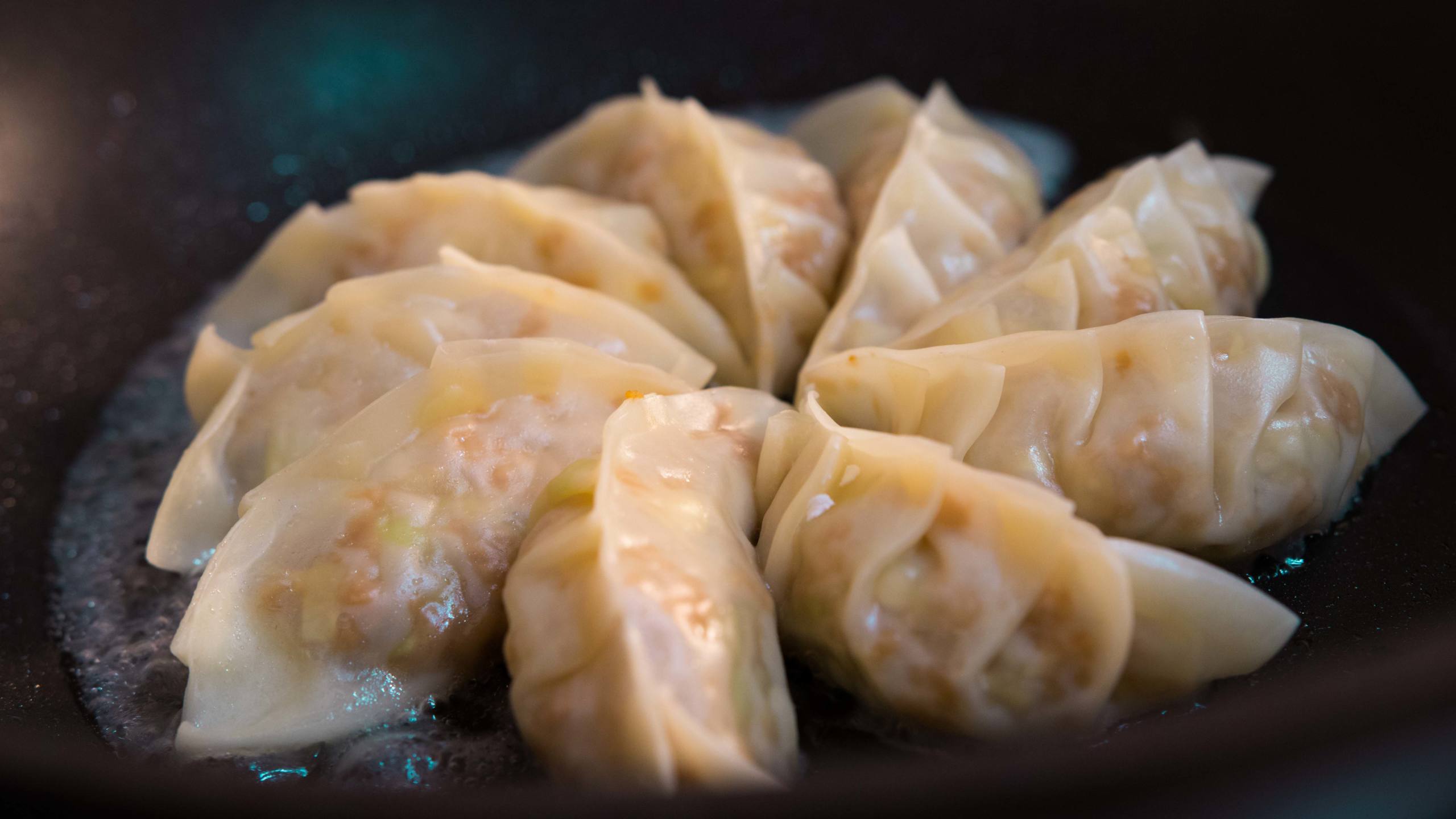
Chuka ryori (中華料理) refers to Japanese-Chinese dishes which originate from China, but have been adjusted to fit the style and taste of the Japanese palette. Dishes that belong to this group are for example ramen, gyoza and harumaki.
Sign up to our newsletter and get our latest recipes, cooking related content & offers delivered right to your mailbox!